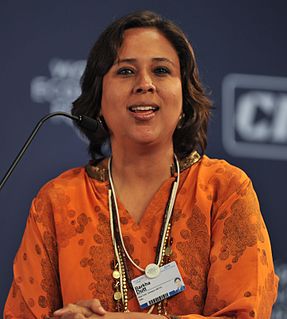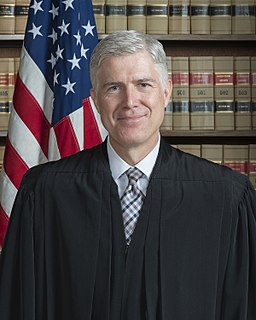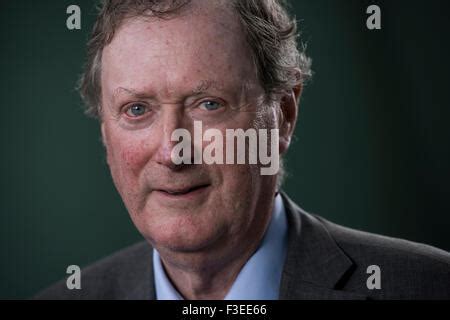A Quote by Thom Tillis
Democrats creating the expectation that judges should act as politicians in robes is a dangerous precedent to set, threatening the very independence of the judiciary.
Related Quotes
Democracy demands that judges confine themselves to a narrow sphere of influence - that is why the late Alexander Bickel called the judiciary the 'Least Dangerous Branch.' In a world governed by a proper conception of their role, judges don't play at being legislators - they leave that job to our elected representatives.

































